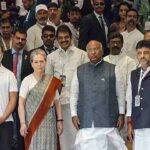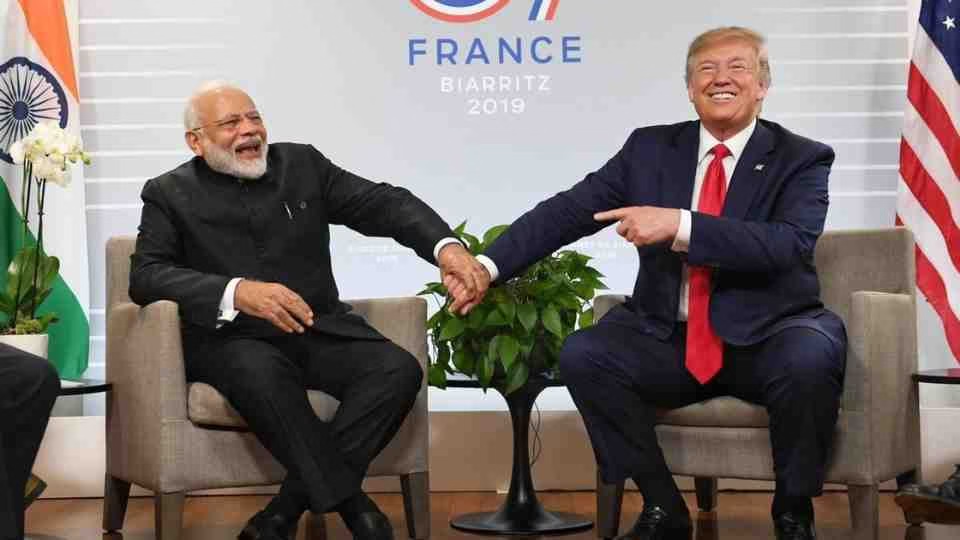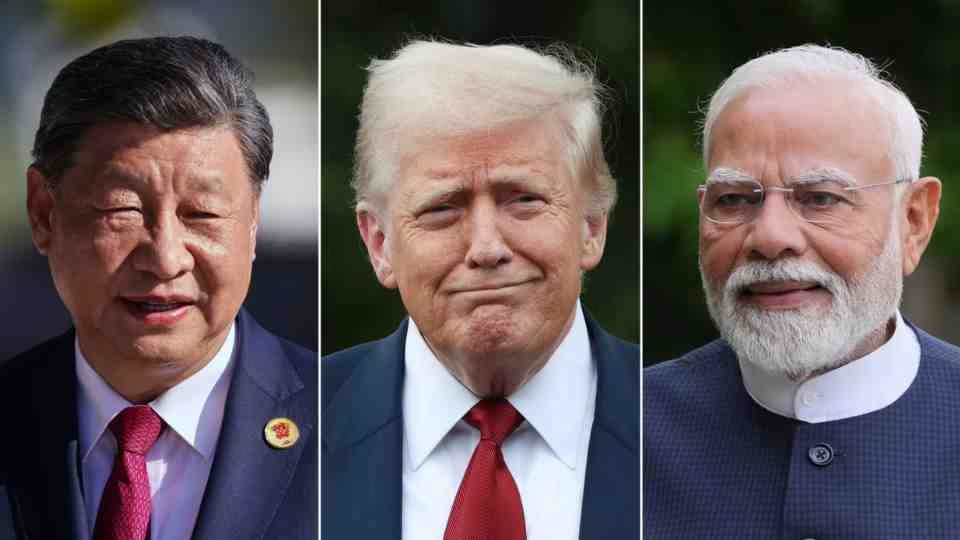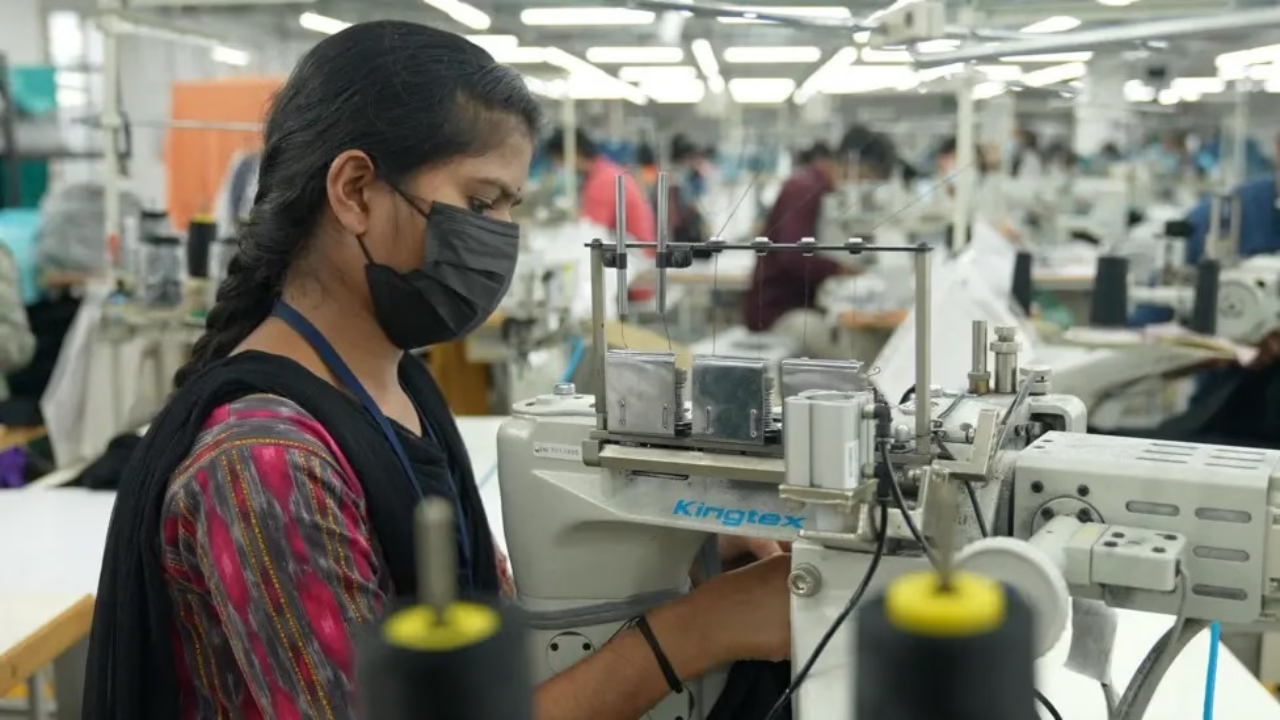Prime Minister Narendra Modi delivered a resolute message on Thursday, declaring his unwavering commitment to India’s agricultural community despite mounting pressure from international trade disputes. Speaking at a public event in New Delhi, Modi emphasized that protecting farmers remains his administration’s top priority, even if it requires significant political and economic sacrifices.
“For us, our farmers’ welfare is supreme,” Modi stated firmly during his address. “India will never compromise on the wellbeing of its farmers, dairy sector, and fishermen. And I know personally I will have to pay a heavy price for it.”
The Prime Minister’s comments marked his first public response to the recent tariff announcements from the Trump administration, which have sent ripples through global markets and raised concerns about potential trade wars. Modi’s stance signals India’s determination to shield its agricultural sector from external pressures, regardless of the potential diplomatic and economic consequences.
The backdrop to Modi’s declaration involves Trump’s comprehensive tariff strategy, which extends far beyond simple import taxes. The multilayered approach encompasses national security-based sectoral tariffs targeting critical industries including semiconductors, pharmaceuticals, automotive manufacturing, steel, aluminum, copper, and lumber. The scope of these proposed duties is staggering, with Trump indicating that microchip tariffs alone could reach as high as 100 percent.
China finds itself on a particularly precarious path within this tariff framework. Beijing faces the prospect of significant tariff increases scheduled for August 12, unless the Trump administration chooses to extend a previously negotiated trade truce. The uncertainty surrounding this decision has created additional volatility in international markets and supply chains.
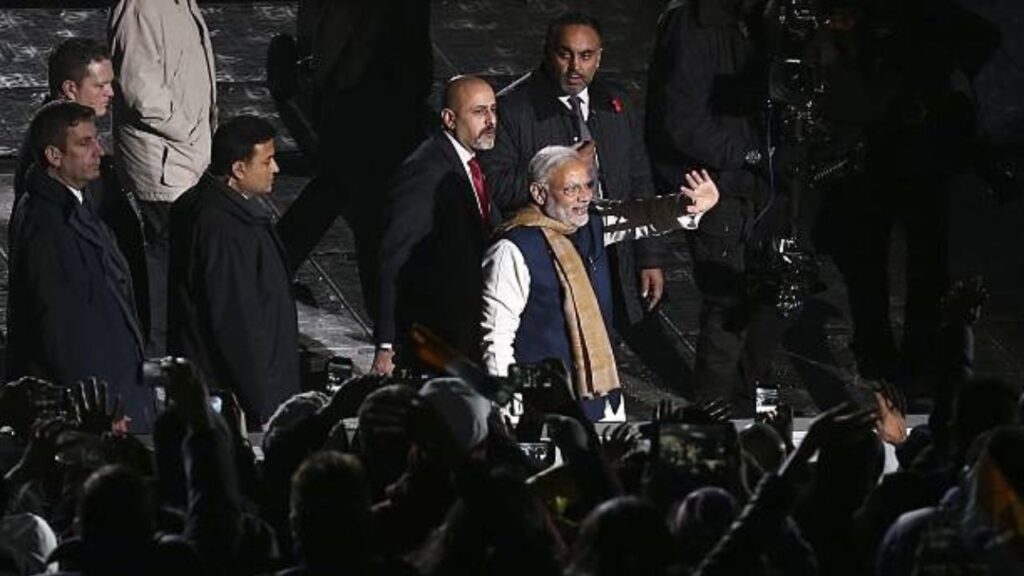
Adding another layer of complexity to the trade tensions, Trump has suggested the possibility of imposing additional tariffs specifically targeting China’s purchases of Russian oil. This move represents part of a broader strategy aimed at pressuring Moscow to conclude its ongoing military operations in Ukraine, demonstrating how trade policy has become intertwined with geopolitical objectives.
Modi’s strong stance reflects India’s growing confidence in asserting its interests on the global stage, particularly when it comes to protecting vulnerable sectors like agriculture. The dairy and fishing industries, alongside traditional farming, employ millions of Indians and remain central to the country’s food security and rural economy.
The Prime Minister’s willingness to accept potential personal and political costs underscores the critical importance his government places on agricultural welfare, positioning it as non-negotiable despite external pressures from major trading partners.


